When buying real estate in Oklahoma, you can run into a Homeowners Association (HOA), particularly in planned communities or specific neighborhoods. To preserve property values and provide a harmonious living environment, a homeowners association (HOA) is the governing body that oversees shared amenities and enforces community laws. Here’s what you need to know about Oklahoman homeowner association regulations.
How do you define a HOA?
In a planned community, condominium, or subdivision, a Homeowners Association is an organization that sets and upholds regulations for the properties and occupants under its control. Upon purchasing a home under HOA management, you immediately become a member and must pay HOA dues.
Common HOA Guidelines
Though they might vary greatly, HOA regulations, also known as Covenants, Conditions, and Restrictions (CC&Rs), usually encompass the following:
Property Maintenance: Recommendations for general property appearance, lawn maintenance, and exterior home upkeep to guarantee a well-kept neighborhood.
Architectural Guidelines: Limitations on home alterations, such as fences, paint jobs, and additions, in order to preserve the neighborhood’s cohesive appearance.
Usage of Common Areas: Guidelines governing the usage of common areas, such as parks, clubhouses, and swimming pools, including maintenance duties and operating hours.
Parking regulations: Limitations on the locations and numbers of cars you may park, including guidelines for parking on public streets and storing boats or RVs.
Pet policies: Restrictions on the kind, quantity, and conduct of pets that are permitted in the neighborhood.
Rules aimed at reducing disruptions, such as prohibitions on parties, loud noises, and outside activities during specific hours, are known as noise and nuisance regulations.
HOA Dues In Oklahoma, HOA dues are contingent upon the community’s features and facilities. Usually, these costs pay for:
Maintenance of common areas
Landscaping
Security services
Trash removal
Insurance for shared spaces
It’s important to know what your HOA fees cover so that you can make appropriate budgetary decisions and are informed of the services offered.
Benefits of an HOA
–Advantages of a HOA Maintained Property Values: Enforcing laws consistently contributes to maintaining the neighborhood’s aesthetics and, as a result, property values.
-Access to Amenities: A lot of homeowner associations provide shared amenities that you might not be able to afford on your own, like parks, community centers, and swimming pools.
-Resolution of Conflicts: HOAs offer a forum for settling disagreements amongst neighbors, which can support the upkeep of a tranquil neighborhood.
Challenges of an HOA
-Restrictions: When it comes to personal freedom and property modifications, some homeowners may believe that HOA rules are onerous and constrictive.
-Fees: If a homeowner’s monthly or annual fees increase over time, it may become an overwhelming financial burden for them.
-Enforcement: Disagreements regarding the use of fees or the enforcement of rules may arise with the HOA board.
Navigating HOA Rules
-Examine the CC&Rs. Completely: Get a copy of the HOA’s CC&Rs and read them to make sure you are aware of all the guidelines before buying a home.
-Attend HOA Meetings: You may remain up to date on local problems and participate in decision-making by attending meetings.
-Talk to the Board: Maintain open lines of communication with the HOA board so that you can ask any inquiries or voice any concerns.
Anyone thinking about buying a house in an Oklahoman neighborhood run by a Homeowners Association has to be aware of the restrictions. You can make sure that your move into your new house goes smoothly and amicably by becoming familiar with the policies, costs, and advantages.

